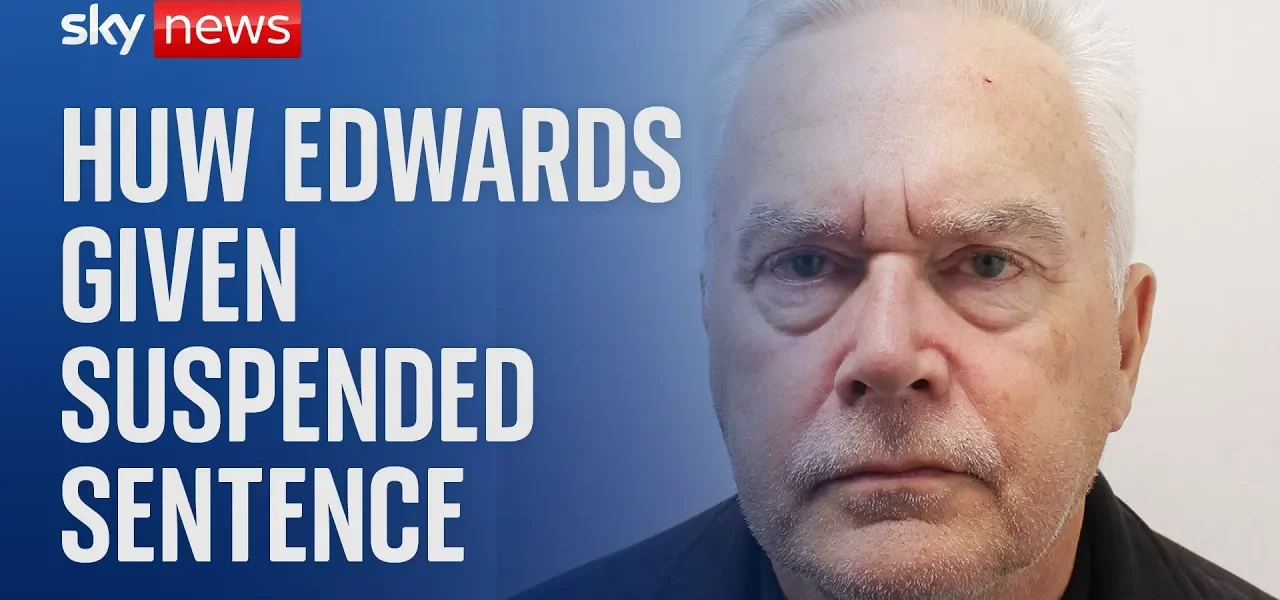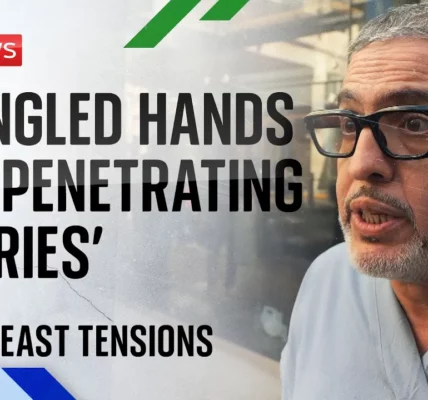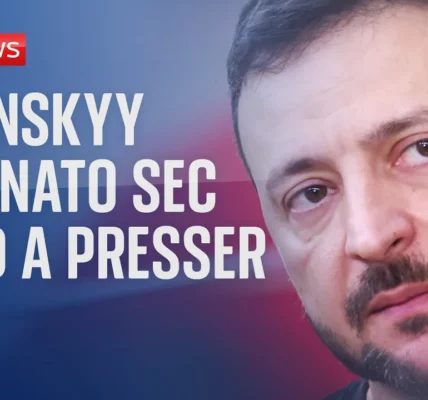Hugh Edwards Sentenced to Suspended Prison Term for Child Abuse Images

In a significant legal development, former BBC News presenter Hugh Edwards has been sentenced to six months imprisonment, suspended for two years, for serious offenses involving the creation of child abuse images. This article explores the implications of the sentence, the details surrounding the case, and the rehabilitation measures mandated by the court.
Introduction
The case of Hugh Edwards has captured public attention due to the serious nature of the offenses involved. On the surface, a suspended sentence may seem lenient; however, the court’s decision also reflects a belief in the potential for rehabilitation. In this article, we will delve into the details of the sentencing, the judge’s rationale, and the various components of the required rehabilitation program, providing a comprehensive overview of the case and its implications for public safety and justice.
Details of the Sentencing
Hugh Edwards has been sentenced to six months imprisonment, which is suspended for two years. The chief magistrate, Paul Goldscreen, stated that while the crimes committed by Edwards are extremely serious, he does not believe that Edwards poses a continuing risk to children. This section will examine the key aspects of the sentencing and the judicial reasoning behind it.
The Nature of the Offenses
The offenses committed by Hugh Edwards involve the creation of child abuse images, which are considered heinous crimes. The implications of such offenses are severe, leading to significant societal concern regarding the protection of children.
Suspended Sentence Explained
A suspended sentence allows the offender to avoid serving time in prison immediately, provided they comply with certain conditions set by the court. In Edwards’s case, although he received a six-month prison term, it is suspended for two years. This means that he will not serve time unless he commits another offense or fails to adhere to the court’s requirements.
Rehabilitation Measures Mandated by the Court
As part of the sentence, Edwards is required to engage in a sex offender treatment program and participate in 25 rehabilitation sessions. These measures are designed to address the underlying issues that may have contributed to his criminal behavior.
Sex Offender Treatment Program
The sex offender treatment program is a crucial element of Edwards’s rehabilitation. It typically includes:
- Therapeutic interventions aimed at understanding and modifying harmful behaviors.
- Education on the impact of offenses on victims and society.
- Strategies for developing healthy relationships and boundaries.
Rehabilitation Sessions
The mandated 25 rehabilitation sessions will likely cover various aspects of behavioral therapy and personal accountability. These sessions aim to:
- Foster understanding of the consequences of his actions.
- Encourage personal reflection and growth.
- Provide tools for preventing future offenses.
Public Reaction and Implications
The sentencing of Hugh Edwards has sparked a mixture of reactions from the public and media. While some view the suspended sentence as a measure of leniency, others argue that the rehabilitative focus is essential for preventing future offenses.
Media Coverage and Public Opinion
Media outlets have extensively covered the case, highlighting the gravity of the offenses and the implications of the sentence. Public opinion is divided, with many expressing concern over the potential risks involved in allowing Edwards to remain in the community.
Impact on Child Protection Policies
This case raises significant questions regarding child protection and the effectiveness of the justice system in addressing sexual offenses. Advocates for child safety are calling for stricter measures and more comprehensive support systems for rehabilitation.
Conclusion
Hugh Edwards’s case serves as a complex example of the legal system’s approach to serious offenses and the potential for rehabilitation. While the suspended sentence may seem controversial, it reflects a belief in the possibility of reform and the importance of addressing the root causes of criminal behavior. As Edwards embarks on his rehabilitation journey, it is essential for society to remain vigilant in protecting children and supporting effective rehabilitation programs. For more information on related cases and child protection policies, visit our related articles page.
“`




